Dear Readers,
AI plays a crucial role in our blog, helping us manage our time more effectively to keep the content flowing. While AI assists with content creation, which may lead to occasional spelling or grammar errors, our primary goal remains clear: to deliver meaningful insights to you. For important matters, please consult a specialist.
Thank you for your understanding and support.
Best regards,
Education.com.cy
Summary
Supporting a child’s musical talent as a parent involves several key aspects that contribute to their overall development and future success. Firstly, it is essential to recognize and nurture the child’s musical interests and abilities from an early age. This can be achieved by providing access to musical instruments, encouraging participation in music-related activities, and fostering a positive environment that celebrates musical achievements.
Selecting the right music teacher is crucial for the child’s growth. A qualified and experienced teacher can offer personalized instruction that aligns with the child’s learning style and goals. Ensuring that the child receives quality education will help them develop technical skills, musicality, and a deeper understanding of music theory.
Balancing music with other interests is important to prevent burnout and ensure a well-rounded development. Parents should encourage their children to explore various activities and hobbies, allowing them to develop diverse skills and interests.
Financial considerations are also a significant aspect of supporting a child’s musical journey. Parents need to plan for the costs associated with music lessons, instruments, and other related expenses. Understanding the economic viability of a career in music and managing finances effectively can help in making informed decisions about the child’s future.
Lastly, fostering a supportive and encouraging atmosphere is vital. Parents should celebrate their child’s progress, provide constructive feedback, and help them navigate challenges. By doing so, they can boost the child’s confidence, motivation, and passion for music, ultimately aiding in their personal and professional growth.
Introduction
Supporting a child’s musical talent as a parent involves understanding and nurturing their interest in music while providing the necessary resources and encouragement. Music can play a significant role in a child’s development, offering benefits that extend beyond mere entertainment. It can enhance cognitive abilities, foster emotional expression, and contribute to social and creative growth.
To begin with, parents should observe their child’s natural inclination towards music. This includes recognizing their enthusiasm for musical activities, their ability to pick up tunes, and their interest in musical instruments. Once a genuine interest is identified, parents can take steps to cultivate this talent by providing access to musical education and experiences.
Choosing the right music teacher is crucial. A good teacher not only imparts technical skills but also inspires and motivates the child. Parents should look for instructors who are experienced, patient, and capable of connecting with their child on a personal level. It’s also important to consider the child’s learning style and personality when selecting a teacher.
Parents should also create a supportive environment at home. This can be achieved by encouraging regular practice, attending musical performances together, and showing genuine interest in the child’s progress. Providing a variety of musical experiences, such as listening to different genres and attending live concerts, can broaden the child’s musical horizons and deepen their appreciation for the art.
It’s essential for parents to strike a balance between encouragement and pressure. While it’s important to motivate the child to practice and improve, it’s equally important to ensure that music remains a source of joy and not a source of stress. Open communication is key; parents should regularly check in with their child to understand their feelings about their musical journey.
Additionally, parents do not need to be musicians themselves to support their child’s talent. They can educate themselves about music, seek advice from professionals, and connect with other parents in similar situations. This network can provide valuable insights and support.
In conclusion, supporting a child’s musical talent requires a combination of observation, encouragement, and providing the right resources. By fostering a positive and nurturing environment, parents can help their child develop their musical abilities and enjoy the many benefits that music brings to their overall development.
Understanding Your Child’s Musical Interest
Recognizing Musical Talent
- Identifying Musical Inclinations: Pay attention to how your child interacts with music in daily life, such as singing, playing instruments, or showing interest in musical activities.
- Encouraging Exploration: Provide opportunities for your child to explore different musical genres and instruments to see what resonates with them.
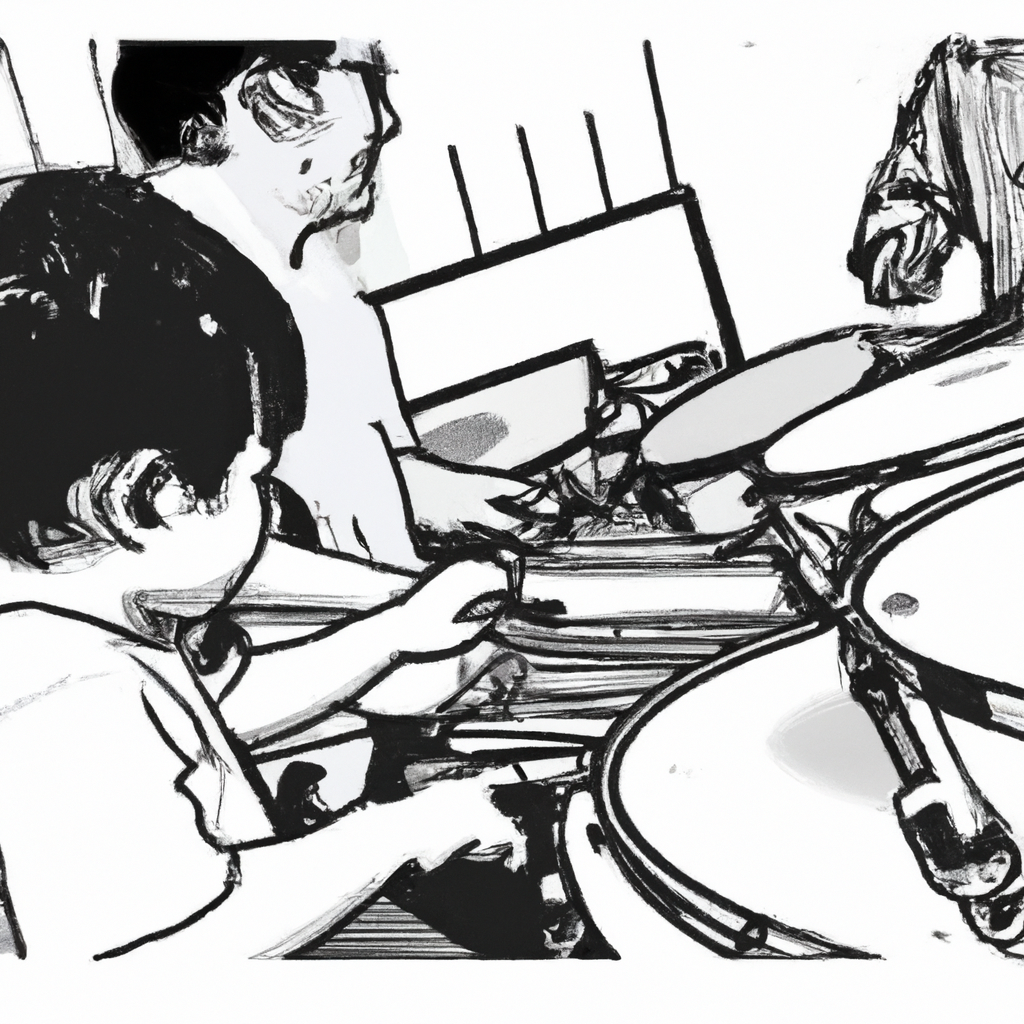
Balancing Interests and Hobbies
- Time Management: Help your child balance music practice with other activities and responsibilities.
- Encouraging a Well-Rounded Development: Support your child’s interests in other areas to foster a holistic development.
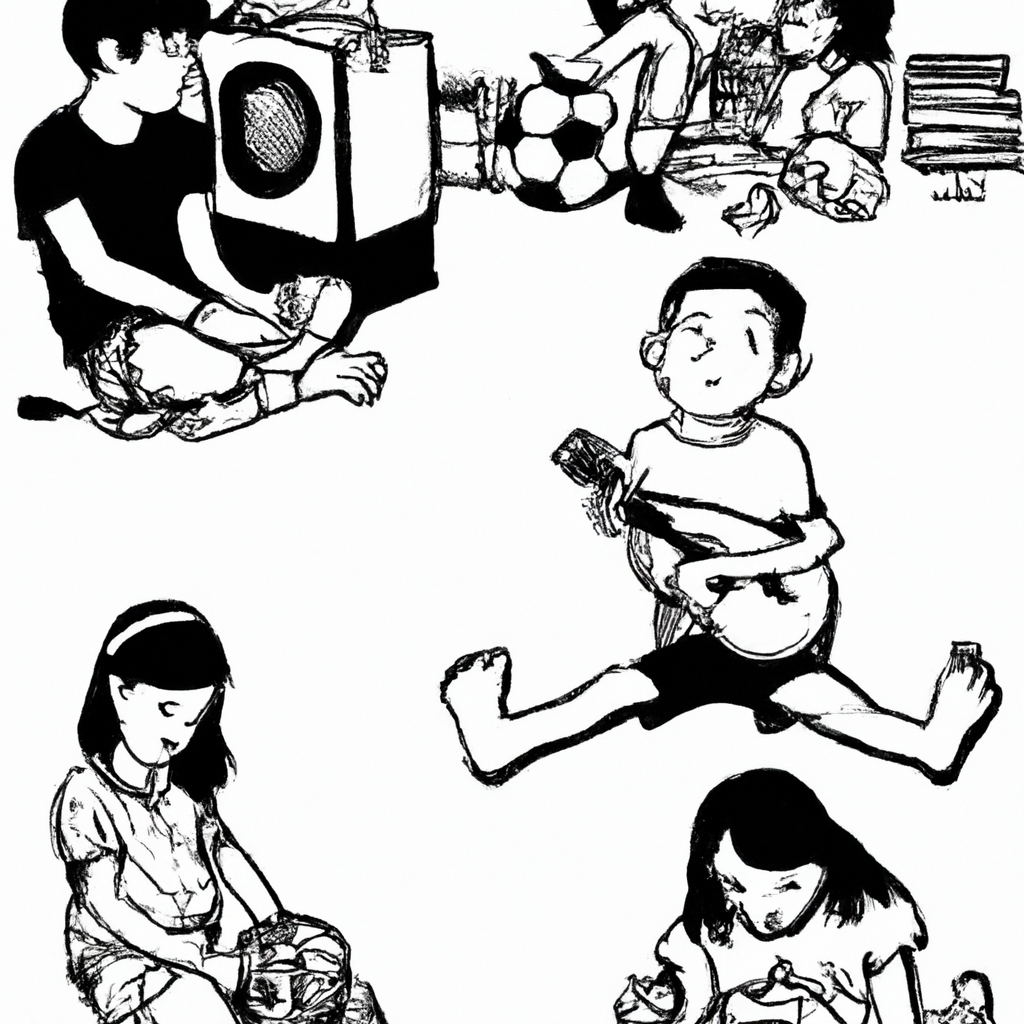
Find out how the strategies discussed in the article
"How Teaching a Song Can Improve Your Child’s Learning and Well-Being"can help address internet addiction in children and teens.
Creating a Supportive Environment
Encouraging Exploration
- Understanding the Importance of Music: Recognize the multifaceted benefits of music, including cognitive, emotional, and social development.
- Providing Resources and Opportunities: Enroll the child in music classes or lessons with qualified instructors. Ensure access to musical instruments and other necessary materials.
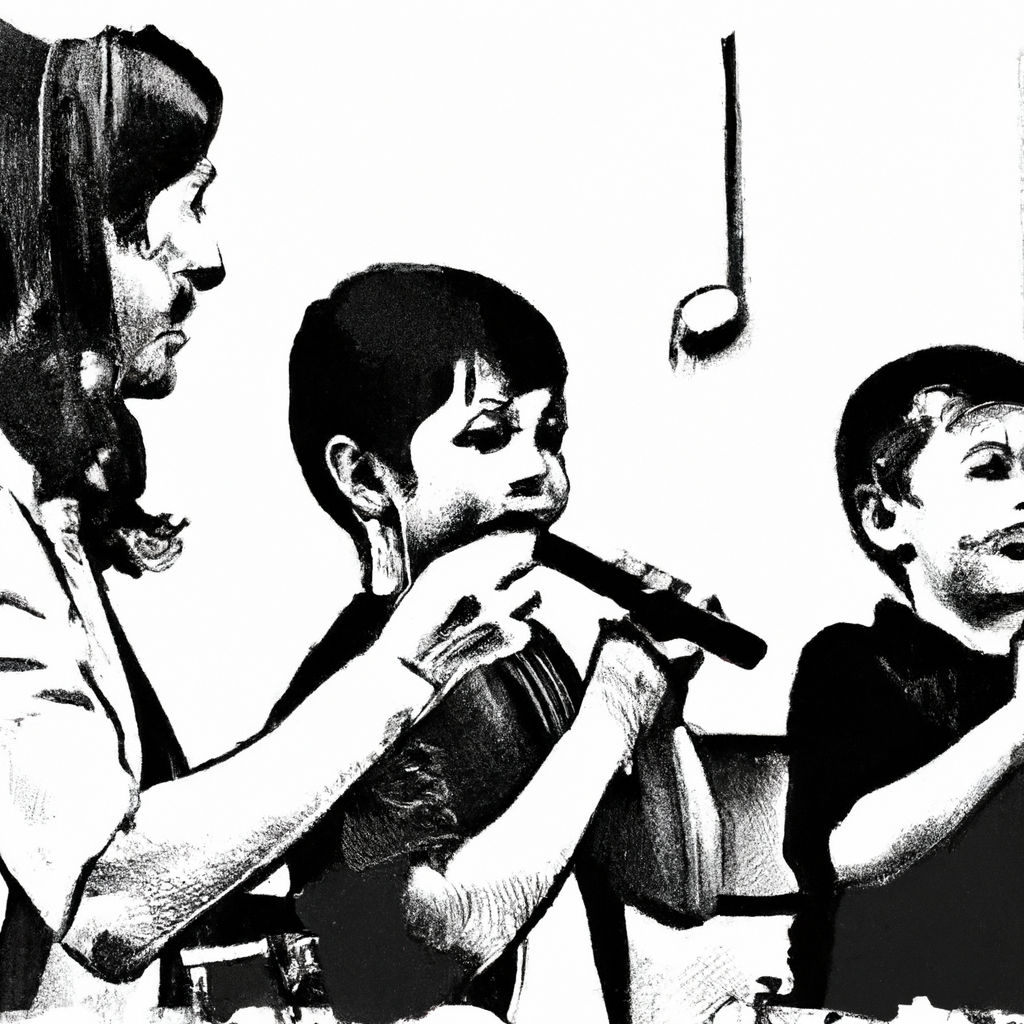
Providing Quality Musical Experiences
- Encouraging Practice and Consistency: Establish a regular practice schedule that balances music with other interests and responsibilities. Create a dedicated, distraction-free space for practice.
- Fostering a Positive Attitude Towards Music: Show enthusiasm and interest in the child’s musical activities. Attend performances and provide constructive feedback.
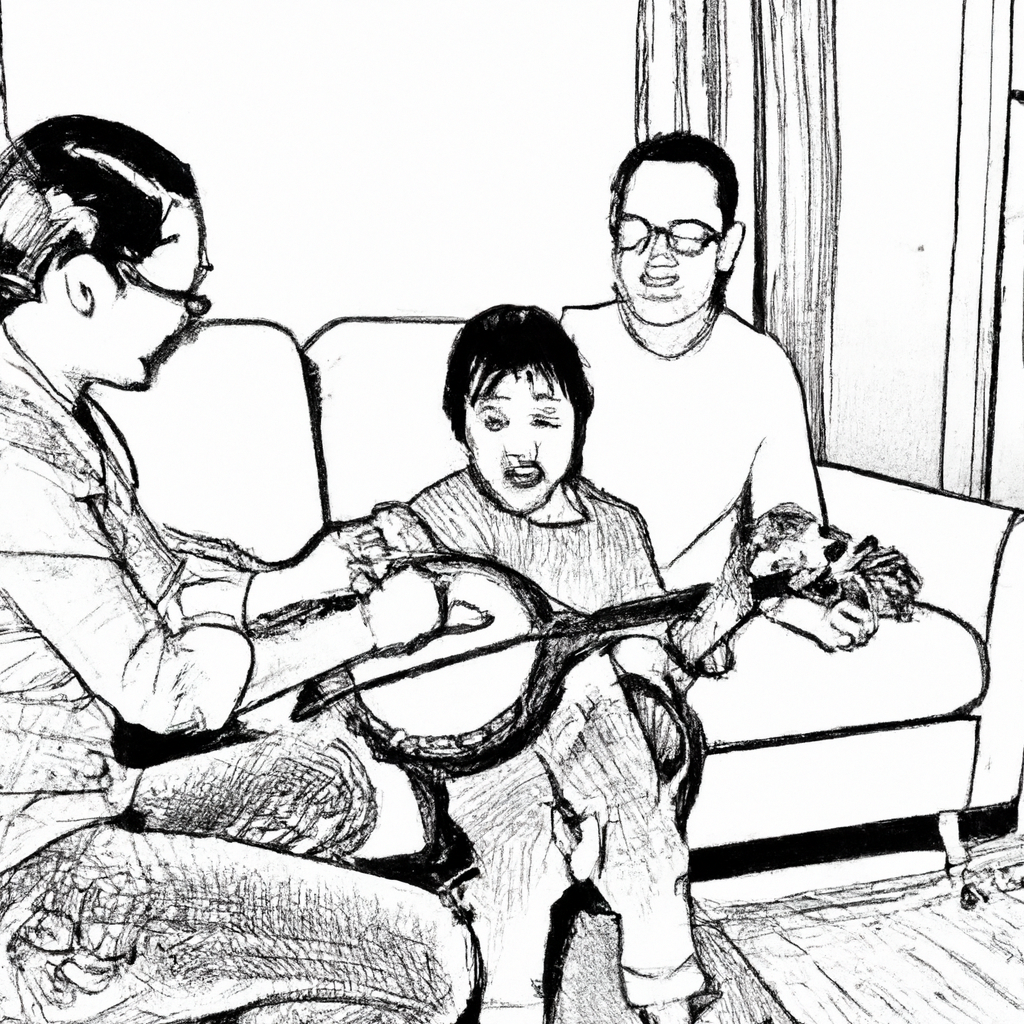
Active Participation and Engagement
Sharing Musical Activities
- Understanding the Child’s Interests and Talents: Observe and listen to your child’s musical preferences and inclinations. Encourage exploration of different musical instruments and genres.
- Providing Resources and Opportunities: Invest in quality musical instruments and materials that are appropriate for the child’s age and skill level. Enroll the child in music classes, workshops, or a conservatory.
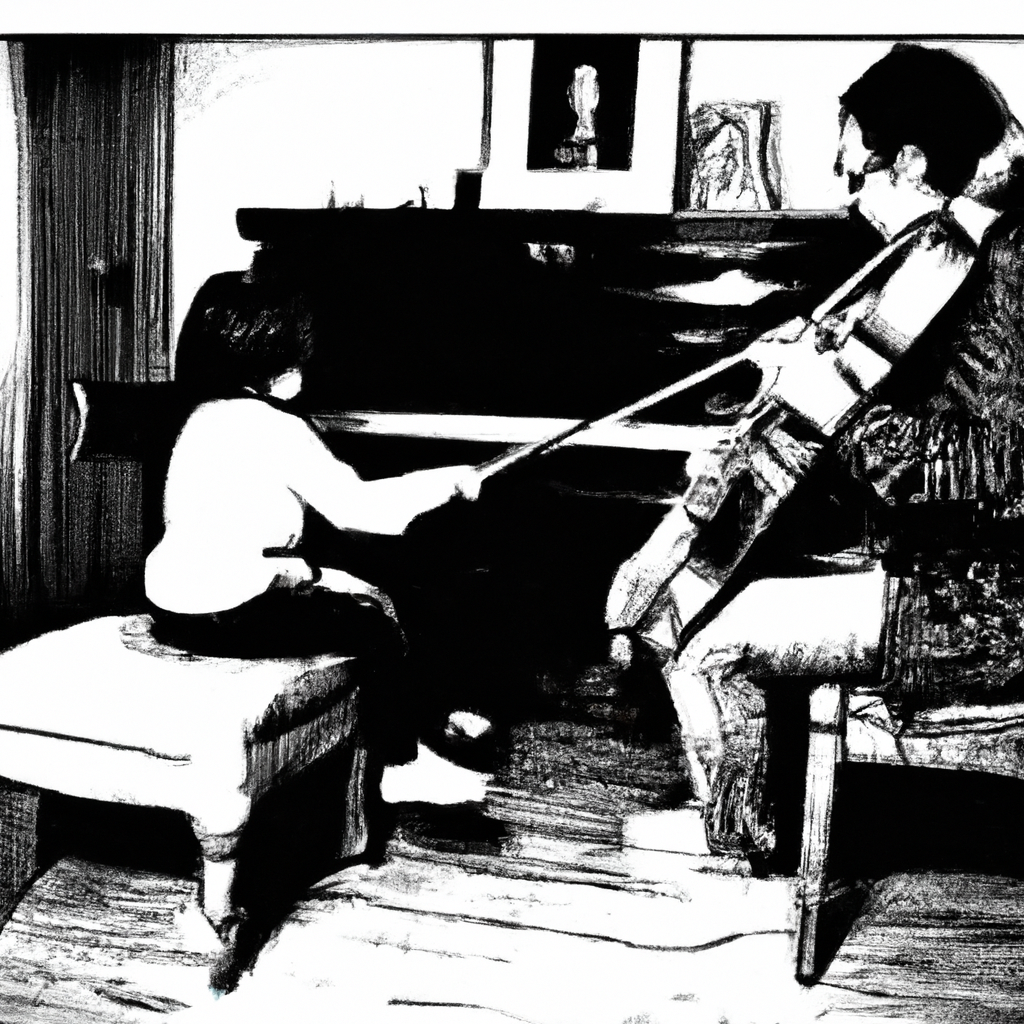
Promoting Active Involvement
- Finding the Right Music Teacher: Research and select a qualified music teacher who can cater to the child’s specific needs and learning style. Ensure the teacher has a good rapport with the child.
- Balancing Music with Other Interests: Encourage the child to pursue other hobbies and interests alongside music to ensure a well-rounded development.
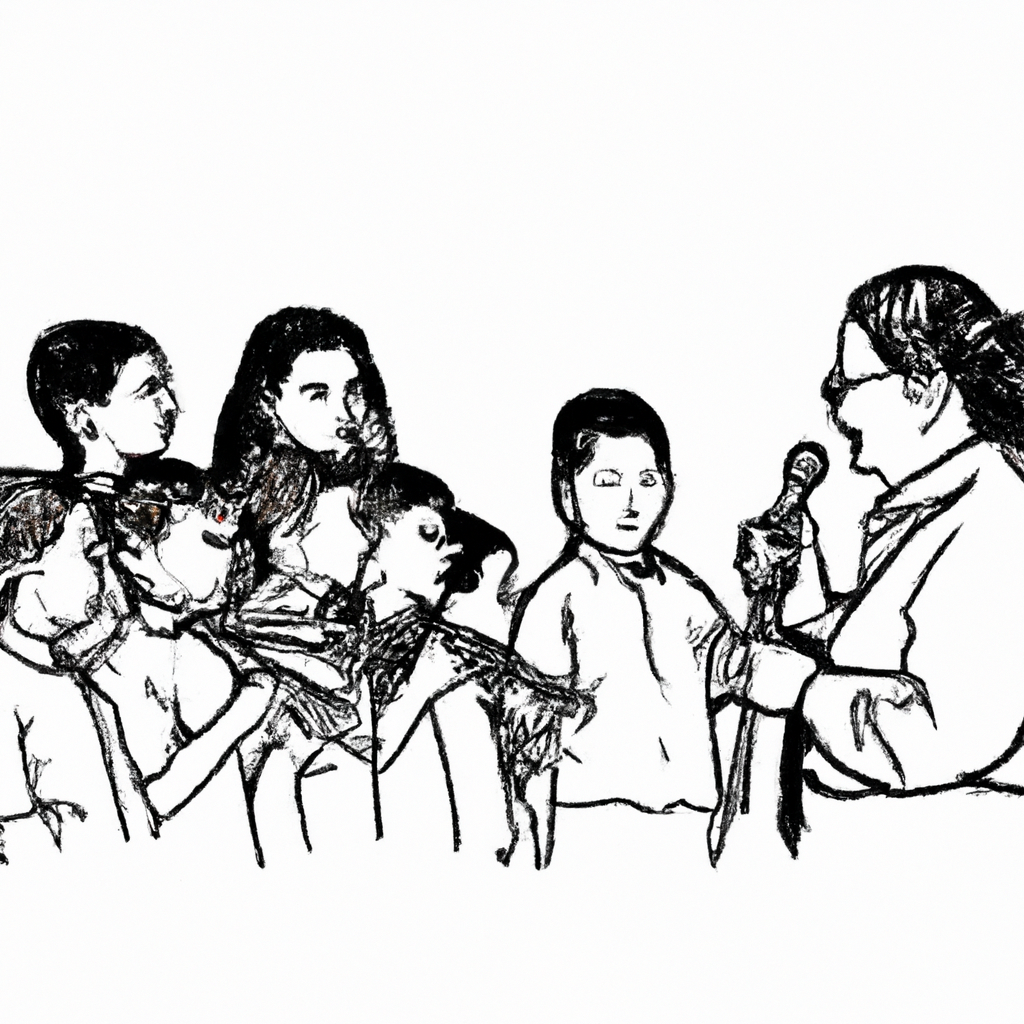
Educational Pathways in Music
Choosing Between Conservatories and Private Lessons
- Identifying and Nurturing Talent: Recognize early signs of musical interest and talent in your child. Provide opportunities for exposure to various musical instruments and genres.
- Choosing the Right Music Teacher: Research and select a qualified music teacher who aligns with your child’s learning style and musical interests.
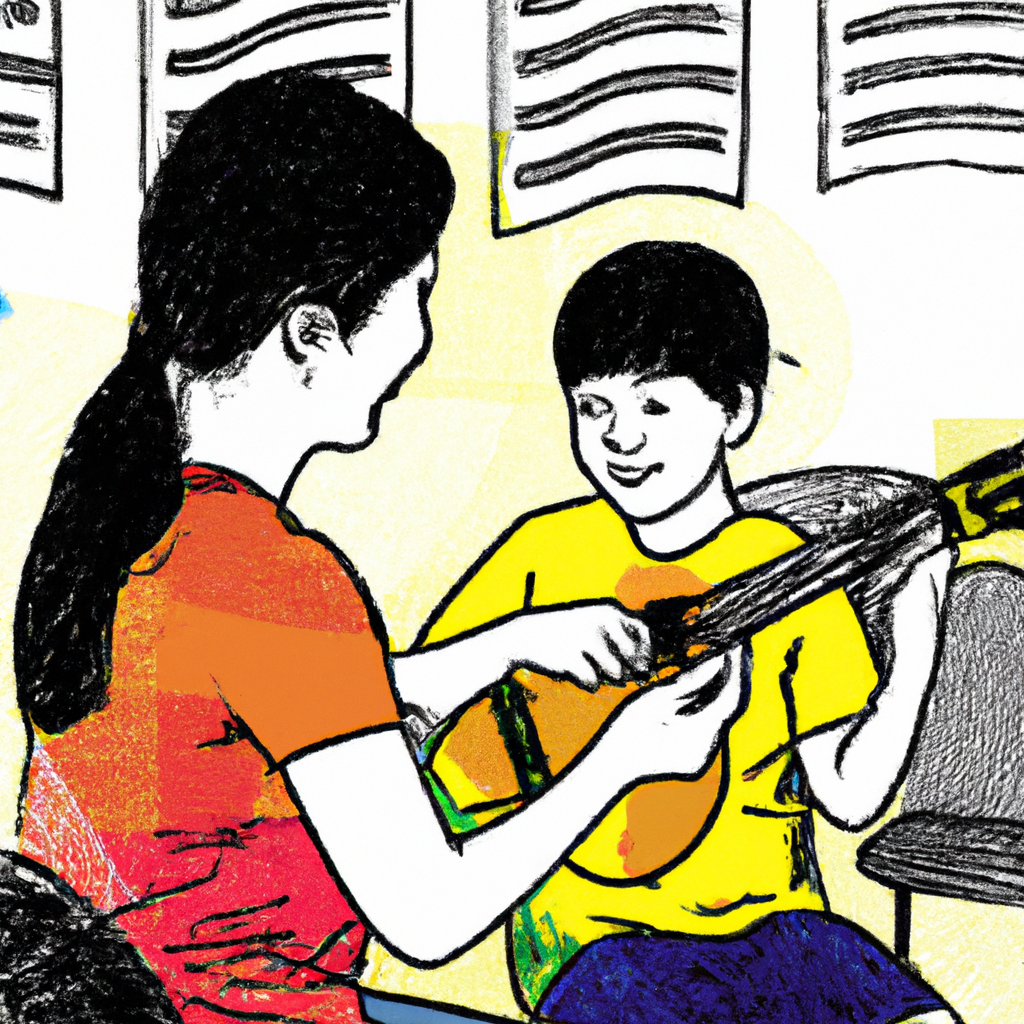
Integrating Music into Daily Learning
- Creating a Supportive Environment: Establish a dedicated practice space at home that is free from distractions. Set a consistent practice schedule.
- Providing Performance Opportunities: Seek out local recitals, competitions, and community events where your child can perform.
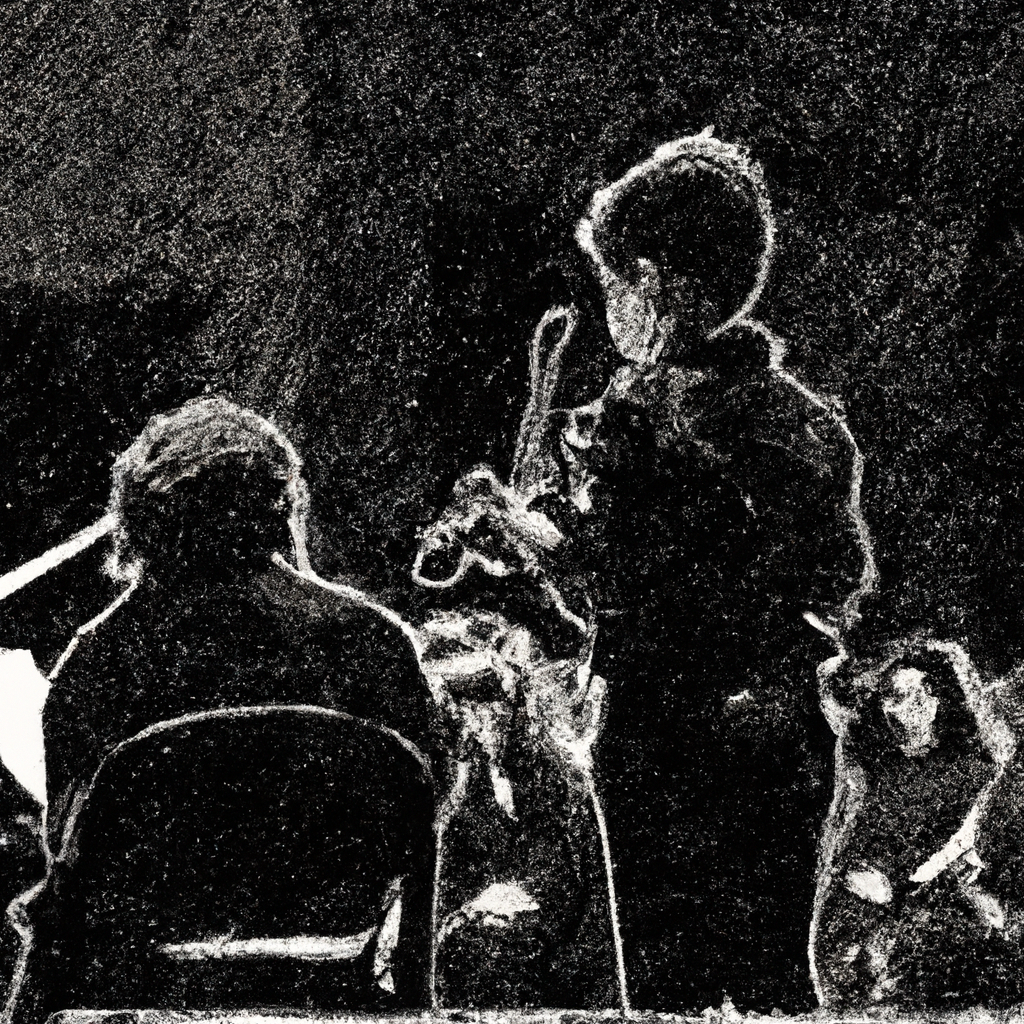
Ethical and Responsible Use of Music
Promoting Healthy Musical Practices
- Understanding the Impact of Music on Child Development: Recognize how music can influence a child’s emotions and mental health. Ensure that the music they are exposed to promotes positive feelings.
- Providing a Balanced Musical Education: Select qualified and ethical music instructors. Introduce children to a variety of musical styles and cultures.
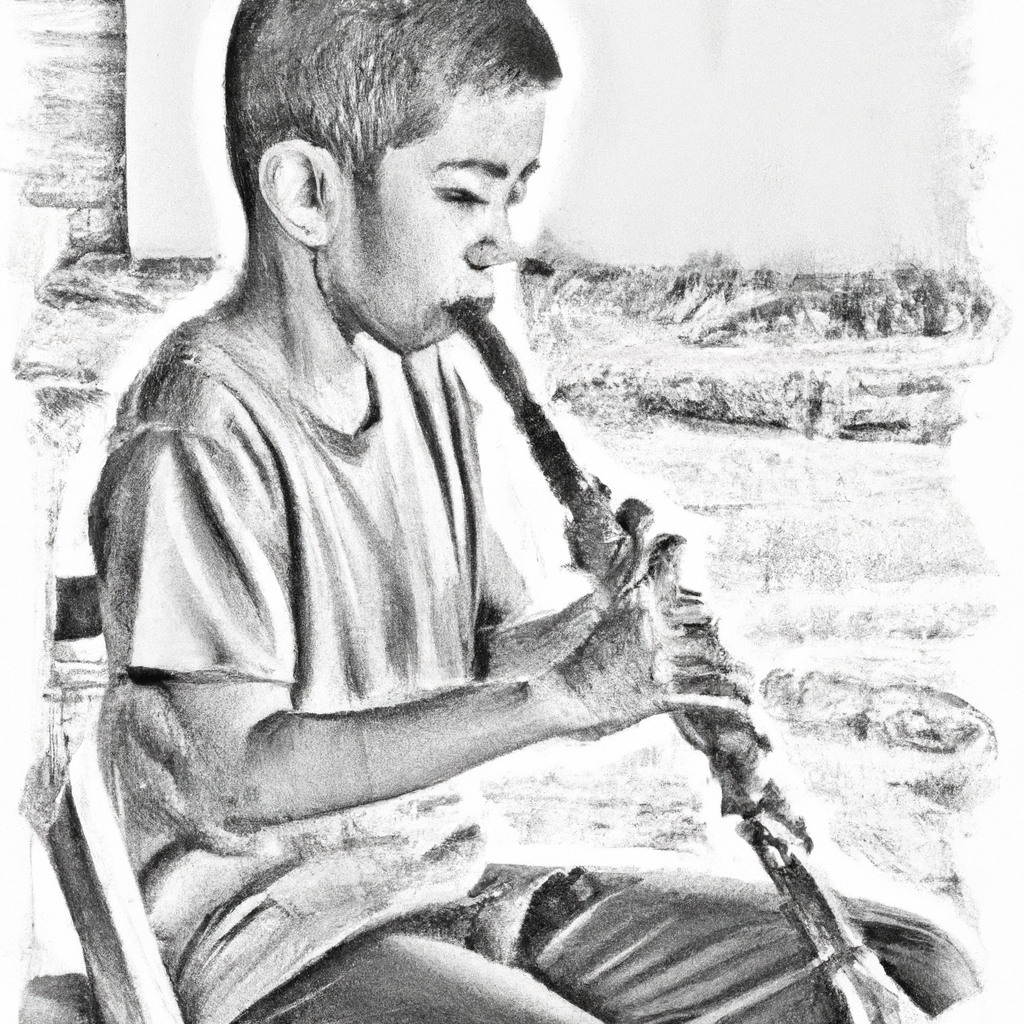
Using Music for Personal and Social Development
- Encouraging Healthy Musical Practices: Ensure that the child maintains a healthy balance between practice and rest. Use positive reinforcement to encourage progress.
- Navigating the Digital Music Landscape: Monitor and guide the child’s use of digital music platforms. Educate the child about online safety and ethical use of digital music resources.
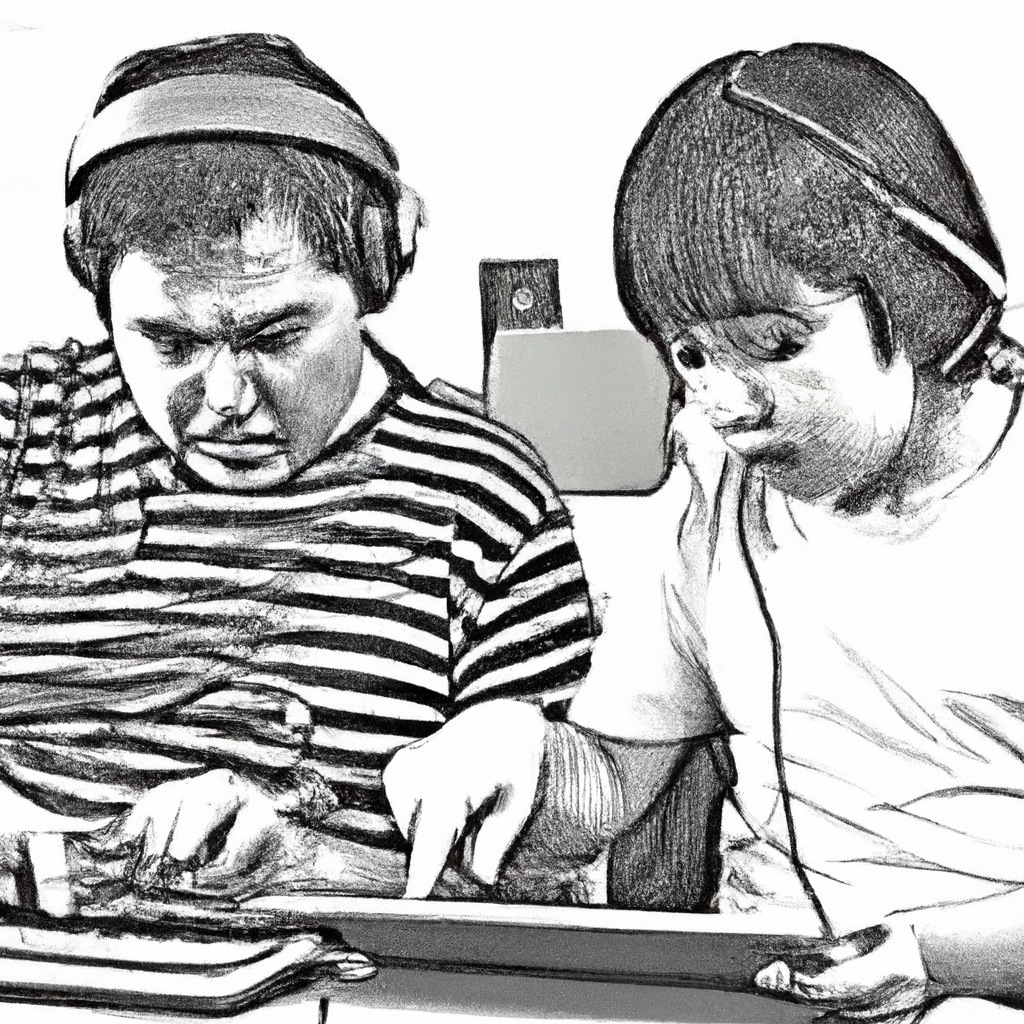
Conclusion
Supporting a child’s musical talent as a parent involves more than just recognizing their abilities; it requires a comprehensive approach that nurtures their growth and development. Parents play a crucial role in providing the necessary resources, encouragement, and environment for their child to thrive musically. This includes enrolling them in appropriate music education programs, such as a conservatory or private lessons, and ensuring they have access to quality instruments and materials.
Moreover, parents should strive to understand the emotional and psychological benefits of music for their child. Music can serve as a powerful tool for emotional expression and mental well-being, helping children manage their feelings and develop a sense of identity. By fostering a supportive and understanding atmosphere, parents can help their children balance their musical pursuits with other interests, ensuring a well-rounded development.
It’s also important for parents to educate themselves about the music industry and the potential career paths available to their children. This knowledge can help guide their children in making informed decisions about their future, whether they choose to pursue music professionally or keep it as a cherished hobby.
In summary, supporting a child’s musical talent involves a multifaceted approach that includes providing educational opportunities, understanding the emotional benefits of music, and guiding them towards making informed decisions about their future. By doing so, parents can help their children harness the power of music in a healthy and constructive manner, benefiting them throughout their lives.
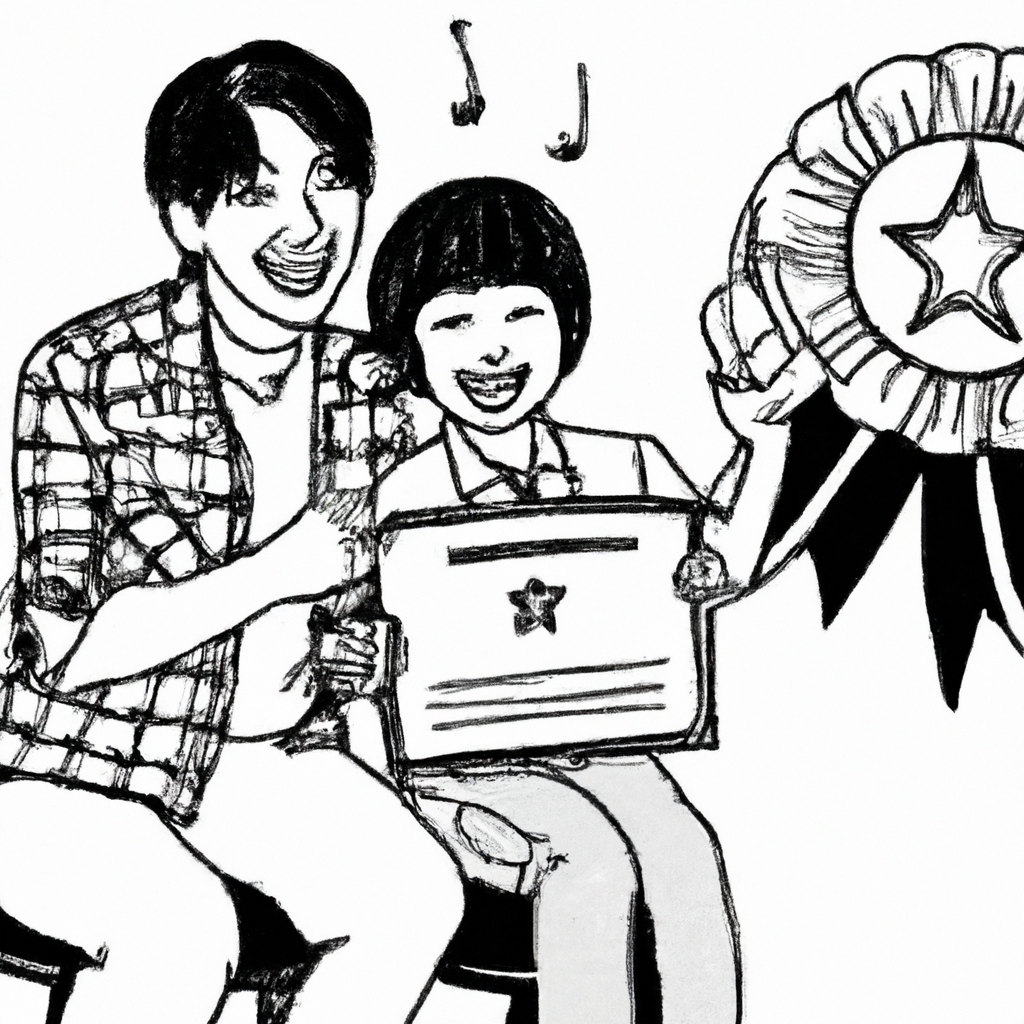
Thank you for reading our article on Supporting a Child’s Musical Talent as a Parent. We highly value your feedback and invite you to take a brief survey to share your thoughts and experiences. Your responses will be kept confidential.
Dear Readers,
Welcome to my blog, where technology, music, and visual arts come together to spark creativity and growth. By subscribing, you’ll become part of a vibrant community committed to exploring and learning in these areas.
Select the type of engagement that suits you best:
Join us and enjoy tailored content and direct support suited to your interests.
Confidentiality Statement: Your responses will be kept confidential and used solely for the purpose of improving our content and resources. We will not share your personal information with any third parties.
